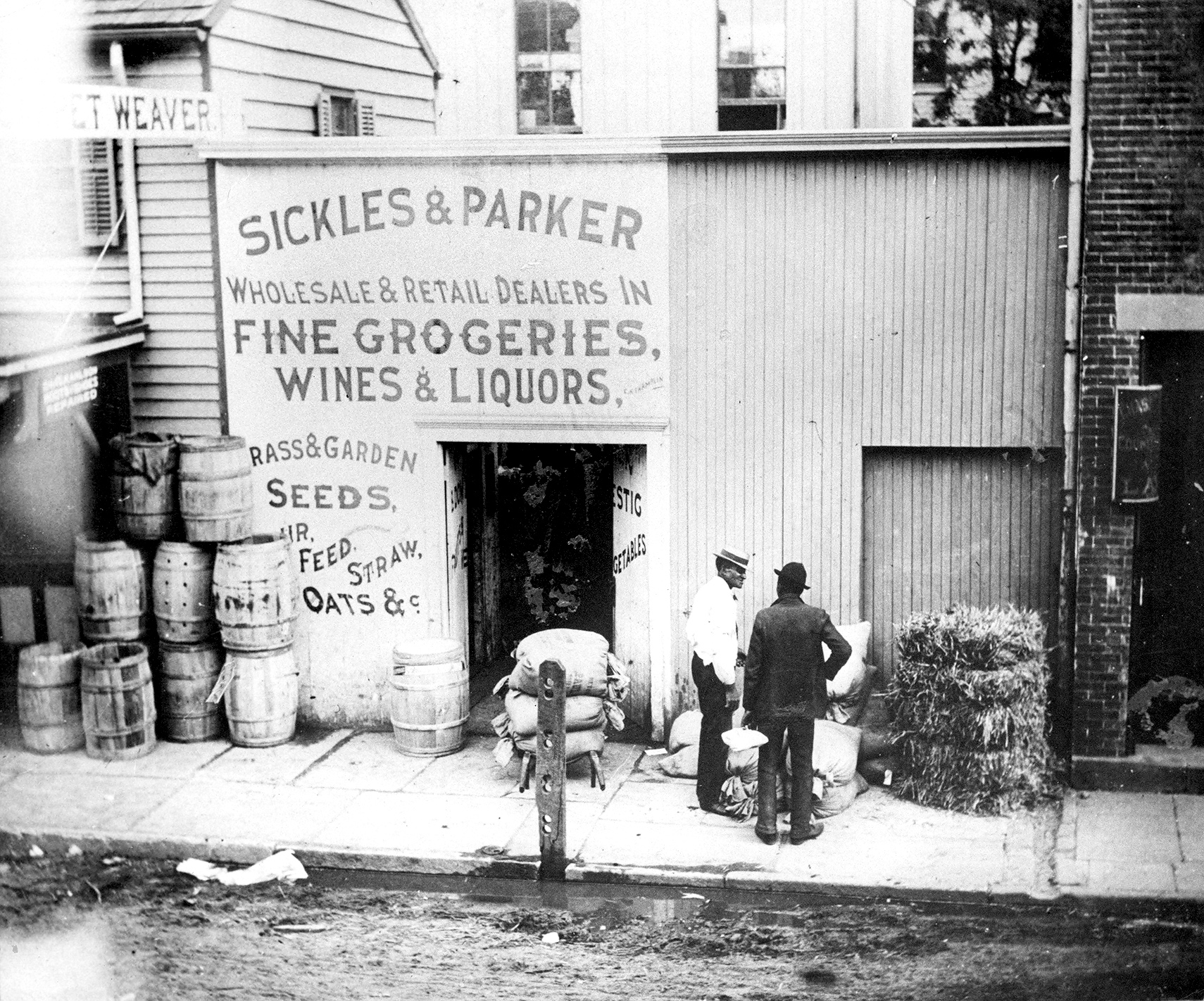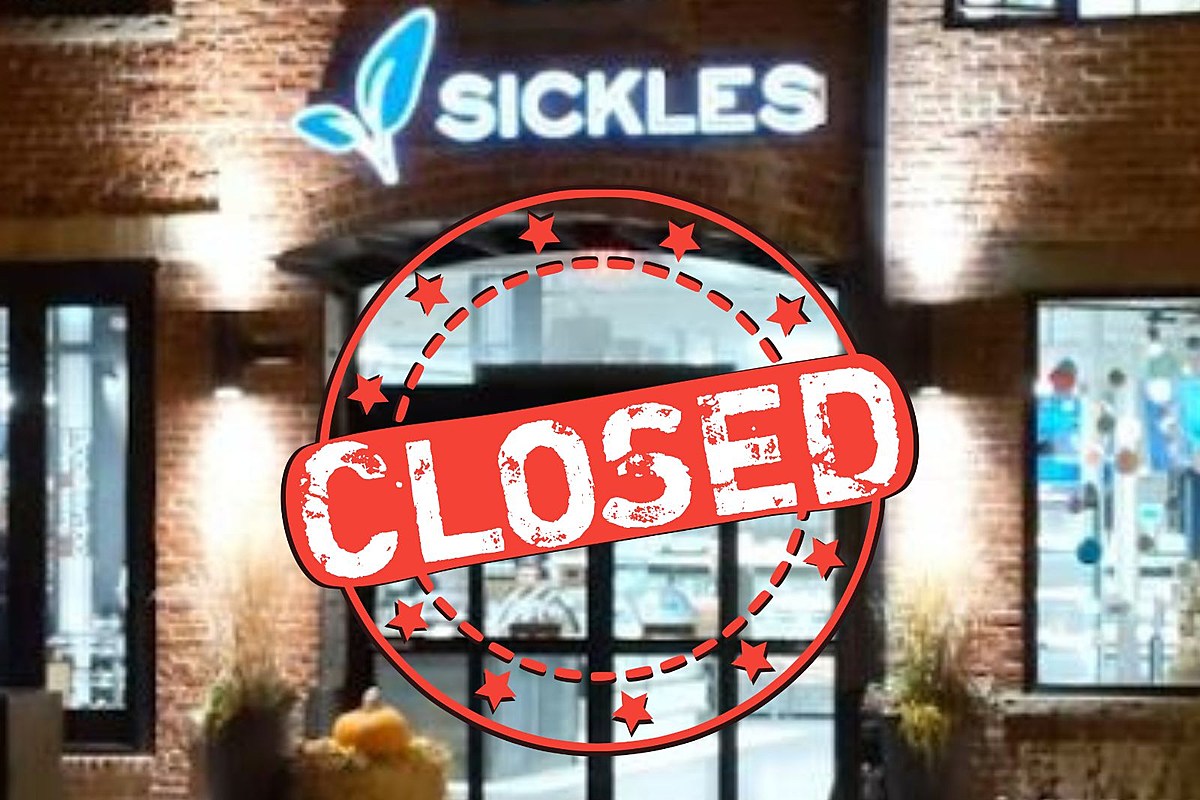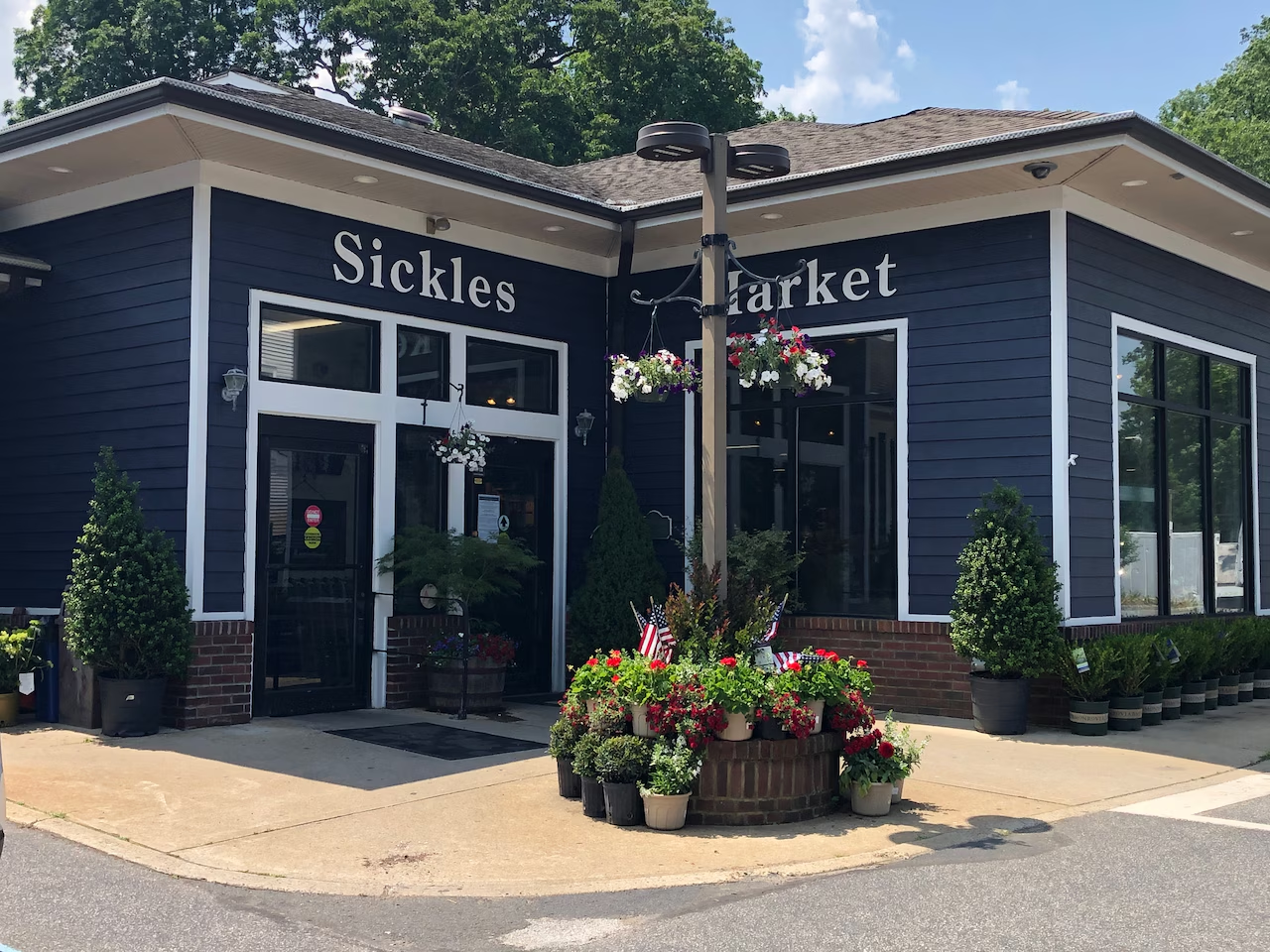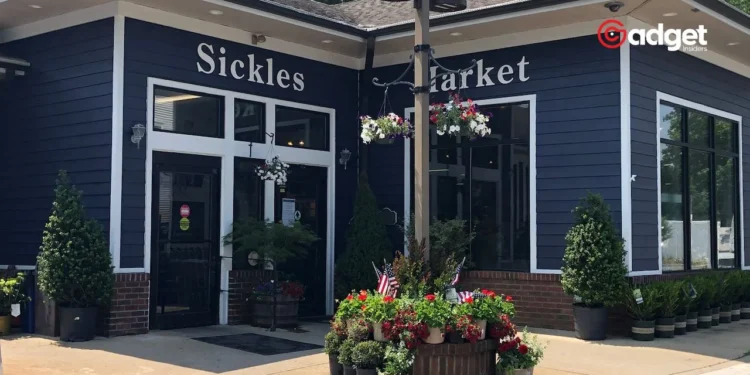Founded over 116 years ago on a piece of farmland, Sickles Market began as a modest farm selling fruits and vegetables to local stores. Harold Sickles, along with his wife Elsie, nurtured the business on land passed down from his mother’s family, the Parkers.
What started as a seasonal operation blossomed into a year-round venture in 1999, expanding into a small chain renowned not just for its produce, but also for its gourmet grocery items, international cheeses, and a fresh food kitchen.

“Sickles Market is known not only for having the highest quality, freshest produce and plants, as always, but also for its wide selection of gourmet grocery items, international cheeses, baked goods, butcher shop, deli, and a kitchen presenting fresh, chef-prepared foods to satisfy every taste and occasion,” proudly states the company on its website.
Sickles Market: The Crushing Weight of Market Giants
However, the relentless expansion of national chains into the high-end grocery space has made survival increasingly difficult for local companies like Sickles. Retail giants such as Whole Foods and Fresh Market, empowered by their national presence and deep pockets, have gradually eroded the customer base that once favored local uniqueness over corporate uniformity.
Bottles by Sickles in Red Bank, sister store of Sickles Market, files for bankruptcy https://t.co/Q8OrYOWdRA
— Asbury Park Press (@AsburyParkPress) April 30, 2024
The strategy employed by these large corporations is reminiscent of how Dunkin’ has outpaced local doughnut shops by simply setting up shops nearby and gradually siphoning off customers.
They do not need to dominate the market completely—just taking a small share is often enough to destabilize smaller competitors. For Sickles Market, this meant a gradual decline that has now culminated in a Chapter 11 filing.

The Tough Road to Bankruptcy and Hopes for Revival
The bankruptcy filing revealed a stark financial picture: $549,388 in total assets against a daunting $5.2 million in debt. Complications arose as Sickles’ business accounts were frozen, and the state of New Jersey placed a lien on their $400,000 liquor license. Despite these challenges, the spirit of the Sickles family remains unbroken.
“This closure is not something we ever could have anticipated. We have loved being a part of this community,” reads a heartfelt message from the owners on the company’s website.
They continue to hold onto hope for a resurgence, stating, “Hopefully, we can come back, until then, we thank you for giving us the type of customer love and loyalty a family-owned business works their whole lives for.”

Looking Ahead: The Future of Local Businesses in a Corporate-Dominated Landscape
While the doors of Sickles Market are closed for now, the story of its struggle and the hope for revival resonate with many other family-operated ventures across the country.
As the retail landscape continues to evolve, the tale of Sickles serves as a poignant reminder of the challenges small businesses face in a world dominated by retail behemoths.
The community’s response to this closure and their future support for local businesses may well determine the fate of many other small enterprises teetering on the edge of survival. As for Sickles Market, only time will tell if this historic chain can once again rise to serve its community, or if this chapter marks the end of its storied legacy.









